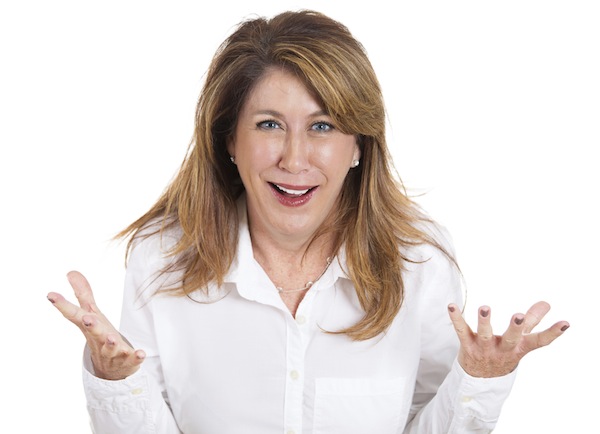
How will our parenting decisions today affect the adults our kids will become tomorrow? Molly Skyar, in an open conversation with her mother, Dr. Susan Rutherford, view parenting decisions through a psychologist's perspective.
When my son was fifteen months old, my husband and I were invited to my best friend’s wedding in Jamaica. It would have been cost prohibitive to take my two kids along so I planned to leave my son and his older sister in the care of their grandparents and favorite babysitter. I was proud of myself for coming up with such a great solution.
Then I talked to my mother. A clinical psychologist for more than thirty years, my mother strongly advised me to reconsider leaving my son at this young age.
She counseled, “Generally speaking, a primary parent shouldn’t leave a child for several days in a row before the child is two years old because it could negatively affect a child’s ability to maintain relationships all the way into adulthood.”
I was shocked. “Not even for a weekend?” I asked.
She shook her head. “The first eighteen months of a child’s life are spent attaching to the primary parent. This attachment provides the foundation for a person’s self confidence, self-esteem and ability to trust others throughout their entire life.
If the attachment is disrupted early and repeatedly, the child may have trouble trusting anyone in their life.” This seemed like new information to me, and I wondered if other parents of my generation were aware that our seemingly benign parenting decisions could be setting our kids up for unhappiness as far ahead as their workplace and marriage.
What else might I not know about parenting in these early months? I felt lucky to have my mother as a resource. She has literally watched generations of children grow into adults in her office, and seen firsthand the effects parents have on their kids’ emotional wellbeing.
I quickly realized that my mother, Dr. Susan Rutherford, had a lot more to share on the topic. So much more, in fact, that we are publishing our first e-book to help parents do their best to protect their children’s emotional future during their earliest months of life. As it happened, I threw caution to the wind and went ahead on our trip to Jamaica. I paid for this decision for five long months following my return as the mother of a child who no longer slept through the night out of fear I would leave again.
Wouldn’t it be nice if we didn’t have to make parenting mistakes in order to learn from them?
If you're interested in learning more about how the first 18 months of your child's life determines their future self-confidence, self-esteem and ability to trust others you can read our new ebook, Shaping a Secure Start: Parenting Your Child During the First 18 Months. Not just for new parents, Shaping a Secure Start can also be used as a guide for parenting older children to help them become better adjusted kids (available on Amazon and other retailers).

Byline:
Molly Skyar and Dr. Rutherford publish ConversationsWithMyMother.com, an online resource for offering practical parenting tips and psychological insight into raising kids. Dr. Rutherford is a Clinical Psychologist in practice for over 30 years. She has degrees from Duke University, New York University, and the University of Denver. They have just released their first ebook, Shaping a Secure Start: Parenting Your Child During the First 18 months, available on Amazon.
Website: http://ConversationsWithMyMother.com
Facebook: https://www.facebook.com/ConversationsWithMyMother
Twitter: https://twitter.com/MollySkyar
© 2014 Molly Skyar



























